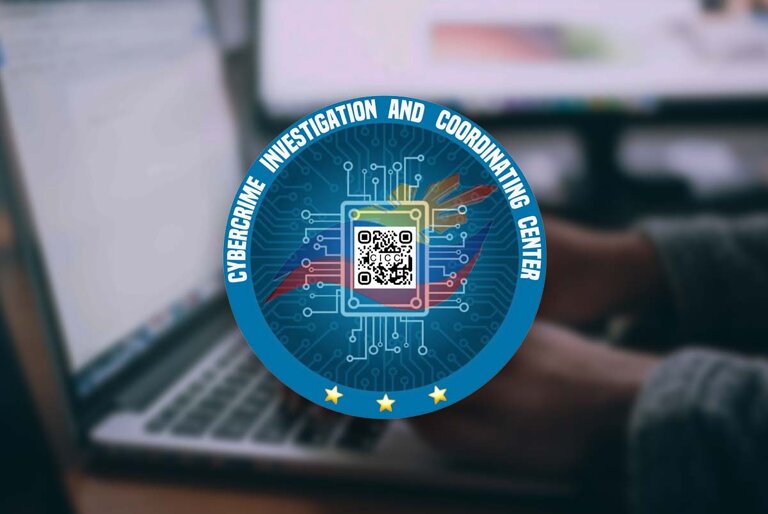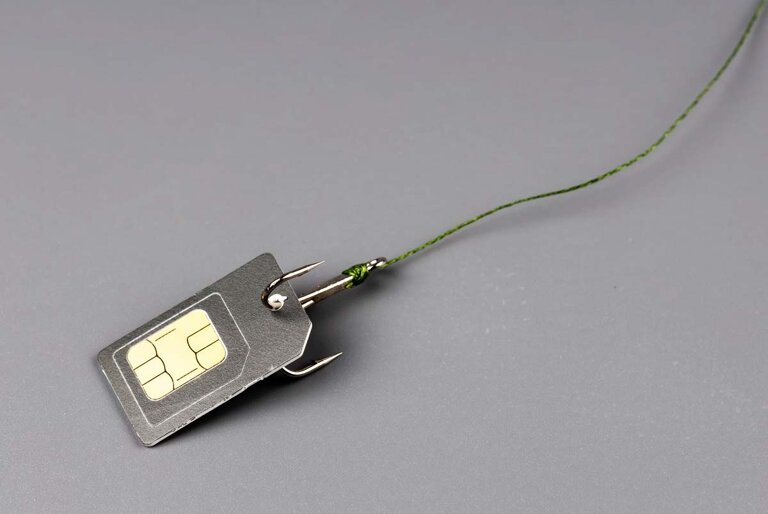The Cybercrime Investigation and Coordinating Center (CICC) is urging the public to be alert and cautious against various online scams that may target them during the UNDAS holiday. The CICC said that cyber criminals often exploit public holidays when people travel or visit their departed loved ones.
CICC Executive Director Undersecretary Alexander Ramos said that cyber criminals usually take advantage of public holidays when people are away. “We want the public to be more vigilant against various online scam activities especially when we are out of our homes,” Ramos said.
According to CICC, here are some of the most common online scams to watch out for:
- Open and unsecured Wi-Fi networks: These are networks that do not require a password or authentication to connect. They may seem convenient and free, but they also expose your device and personal information to hackers who can access, control, or steal them. It’s safer to avoid using public Wi-Fi and use mobile networks instead. There’s also the risk of Man-in-The-Middle (MTM) attacks, where an attacker intercepts the communication between your device and browser and steals or manipulates your data.
- Fake e-wallet apps and customer service: These are apps or channels that mimic legitimate e-wallet providers, but are actually created by scammers to access your real e-wallet credentials or personal information. These fake apps or channels can be found in unofficial app stores, social media platforms, or phishing emails or text messages. Remember to download e-wallet apps only from legitimate app stores and verify the source of any customer service contact before providing any information.
- Phishing scams: These are scams where scammers send you emails or text messages that look like they are from legitimate companies, but contain a link to a fake website that looks like their actual website. The fake website may ask you to enter your login credentials, personal information, or payment details, which the scammers can then use to access your account or steal your money. Never click on links from unknown emails or text messages and always check the URL of any website before entering any information.
- Online shopping scams: These are scams where scammers create fake online stores or sellers on e-commerce sites or social media platforms and offer fake or non-existent products at very low prices. These scams are designed to lure you into paying for products that you will never receive or that are of poor quality. Never fall for too-good-to-be-true offers and always check the legitimacy of the online store or seller. And never transact outside the e-commerce site and use secure payment methods.
- Package scams: These are scams where scammers send deceptive emails or text messages claiming to be from a delivery company or a customs agency and informing the recipient that their package has been intercepted or delayed and that they need to pay a fee or provide personal information to release it. These scams are intended to trick the recipient into clicking on a link or an attachment that contains malware or phishing websites that can compromise their device or account. Always verify the sender or email address and never entertain messages or calls from unknown senders. Also, make sure to not schedule a delivery when you are not home.
- Dugo-dugo gang: This is a traditional scam where criminals call a household and pretend to be a relative or a friend of the homeowner who has been involved in an accident or an emergency and needs money urgently. This scam is still prevalent and continues to victimize many people who are left alone in their homes. Always have a way to contact the homeowner to verify any report of accidents or emergencies and never give money to strangers over the phone.
Report any incidents of online scams to the Inter-Agency Response Center (I-ARC) Hotline 1326. Additional I-ARC numbers are 0947-714-7105 (SMART), 0966-976-5971 (Globe), and 0991-481-4225 (DITO).
You can also go to https://www.facebook.com/CICCgovph and then click the message button, and read the privacy statement. Then choose the complaint they want to report. You can also go to https://scamwatchpilipinas.com/ and click the report button on the main page.








